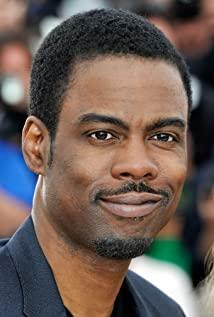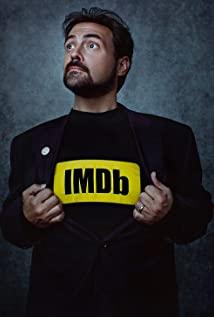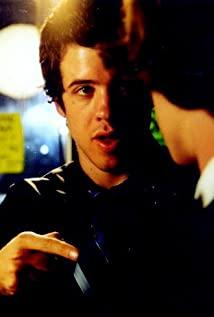And all the characters in this play have been portrayed very successfully, and they all have their own very distinctive characteristics. Needless to say, the two pairs of angels and prophets, even the black disciple, the archangel Maidron, the goddess muse, and the demon group are unique. Although the heroine is the character of the typical American movie protagonist, she also appears appropriate because she represents human beings (especially the United States).
God never makes a mistake. The basis of the whole show is ironic with the classic Hollywood ending. He gives people a feeling that under the rule of religious power, there is no room for questioning, inverting black and white, and feeling that what is wrong is right. This seemingly happy cliche ending actually meets Bartby’s question: Why can humans be forgiven, but angels can only get eternal regret? Why is the race that was born first but never even received fair treatment from God? They just want to go home.
Two angels can return to heaven to save God from making mistakes. If the two children cannot return home, isn't this forcing people to go on the wrong path? In the same way, the neutrals in the battle between Lucifer and God can be called cunning two-faced, but they are also sent to hell by God. Only the faction that supports God can also be called intolerance of a powerful rule. So forgiveness is the most important reason.
Let's discuss the role of loki. Not only because I like being cute, but also because he played this role so well. He succeeded in making that kind of childish innocence and cruel, fond of mischief and pranks but obedient (listen to God: can only kill innocent people, has always been obedient to Butterby), he was afraid of Butterby’s abnormalities, and he was afraid of Butterby. If you want to resist God and express your disagreement, your intuition is accurate, or you can find the truth on your own but you are easily distracted, longing to go home, and so on. In a word, Loki is the kind of naughty kid who is actually very obedient. And he is the only person in the show who gradually discovers the truth instead of being directly told the truth and then makes a choice. A lot of details can bring this up. For example, at first he asked who sent the letter (if you go deeper, you may find that it is a conspiracy of God). Unfortunately, he was distracted by being able to go home. Unfortunately, he did not persist until the end of the conversation. The only two times he rebelled against his authority had very unlucky tragic consequences-once he refused to continue the slaughter and raised a middle finger to God, and was degraded for a thousand years; once he felt that Batby had done too much. He couldn't stand to beat Bartby, but he was stabbed to death by Bartby. Combining the theme of the whole movie is really ironic.
In his relationship with Batby, there is always a sense of sight between Eve and the snake.
And Babbitt, he is just a desperate angel, desperately eager to go home. So when he knew that he would never return home and his family (above and below) wanted to kill him, he became so mad. In the end, he was basically begging to die, at that moment he and Azrael overlapped surprisingly. Some people say they don't understand why Babbitt finally repented. In my opinion, this is not repentance at all. He knew what he was doing, but he was too eager to go home and couldn't stop. And the moment he saw God, he was fulfilled. So he apologized for what he did and thanked the god who wanted to kill him. It can be said that he was begging for death from the beginning, and as Loki said, this is just another ethnic cleansing unless they can stop us. Loki's expression and tone of this sentence basically hoped that others would stop them. Why didn't Bartby want people to stop him? So the appearance of God satisfied him. He was prevented. He saw God, which was almost equivalent to going home. You feel painful). So none of them really intend to rebel against God.
Besides, what did God do to clear the streets? To tell the truth, people are dead, and turning bloody into nothing is like hiding one's ears and stealing a bell, and it is absolutely impossible to change the result of a person's death. The part of Bethany’s pregnancy is even more ridiculous, like a deal. You did this and passed the test. The Lord will revive you and fulfill your desire to become pregnant.
Talking about Jie and Bao, one is talking and the other is silent. Talking always reveals the truth unintentionally in the words, but the silent is the one who really saves the scene every time. It feels like two guys who represent language and behavior.
I don't want to say any more, this is also a personal opinion, or the film itself is not so complicated, it is just a story, one thousand readers and one thousand Hamlet, let's watch it for yourself!
ps: Loki and Babbitt's opinion is really cute! ! Butterby has always indulged loki in small matters, and loki has always listened to Bartby in big things! ! So cute, but unfortunately there are too few people
View more about Dogma reviews











